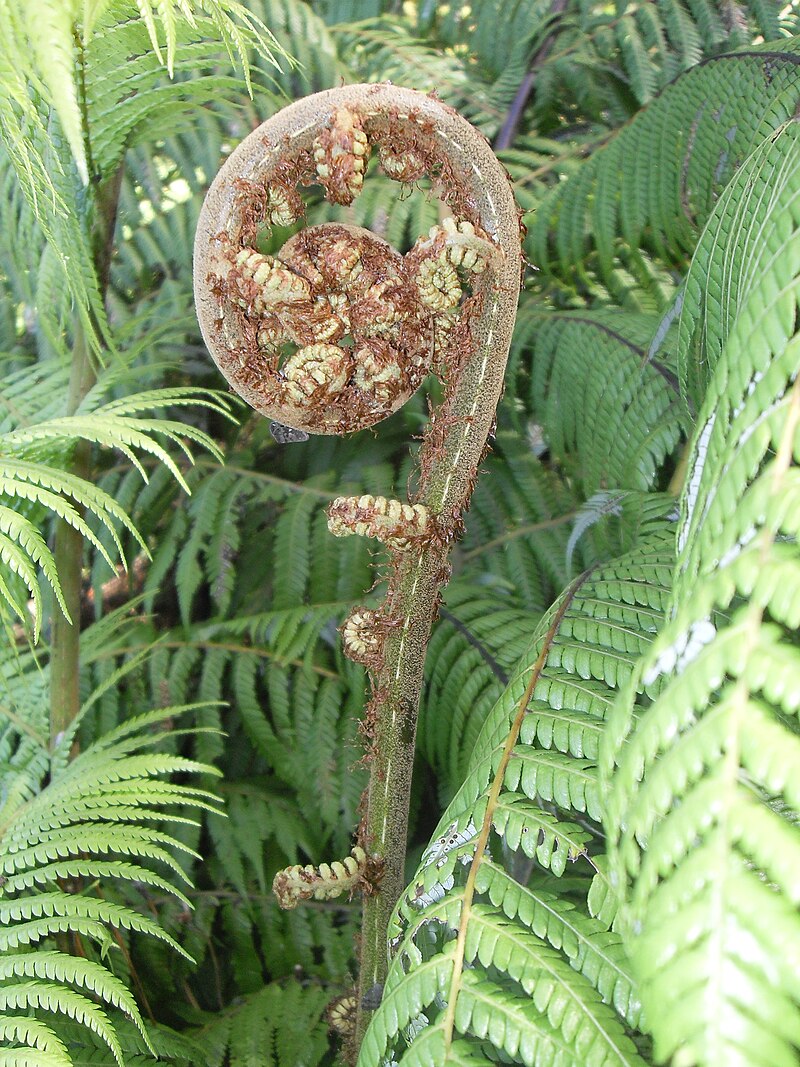This article explores why there is no ‘one Māori opinion’ and aims to dispel media and politicians comments about “Māori in fighting” use this to create further separation with Waitangi claims, iwi issues and other iwi/social issues that seem to make it to mainstream media. It is based upon Sir Mason Durie’s “Maori Health Decade Hui” paper presented at the Te Ara Ahu Whakamua in 1994, and Maharaia Winiata’s “The changing role of the leader in Māori Society (1964) as a basis for consideration using decades of personal observations and using modern day society values.
Māori are diverse. A person with whakapapa may have no access to the idealistic te ao Māori… They are no less Māori, and their whakapapa is no less tapu than any other Māori (Law Commission Surrogacy Review paragraph 2.54 pg 56).
It is also important to note that each Māori individual has genealogical links to at least one, but likely multiple: Waka, Iwi, Hapū and Marae of which each have their own and epistemologies, ancestors, dialects, protocols, western and traditional organisational structures. Moreover, with over 250 years of colonial interactions, all Māori individuals have mixed ancestries, mixed cultural beliefs, mixed social and educational lives, and a complex lived life experiences, sometimes good and sometimes bad.
Having an awareness of this “diverse Māori reality” acts as a reminder to not assume that there is one Māori perspective, or that because Māori individuals or groups may disagree with each other that there is hostility. This framework will assist society, including: researchers, educators, governments and assist individuals who may be questioning who they are.
Via online surveys, I surveyed over 1,000 Māori for their opinions as to if they related to one or more of the groups and offered a further option for Māori who identified in a different way.
I have used the Māori alphabet using vowels, then constantans to list the various ways of thinking.
a) Some Māori are connected with a number of Māori networks. They are involved with their whānau communities and activities, marae, hapū, iwi, Māori organisations, and can speak or understand Te Reo Māori and are immersed in traditional Māori knowledge/Tikanga.
e) Māori entities and staff such as Government Treaty partners, Marae and Māori organisations who have a responsibility to represent their stakeholders.
h) Identify as Māori, but may have limited knowledge of Māori culture/language and have limited connections with the Māori community and you are integrated into mainstream society
i) Previously identified as Group h, but have recently identified with their Māori heritage and are on a cultural learning journey.
k) A person of Māori descent, but identify as non-Māori and are fully integrated into mainstream society
m) A person who identifies as Māori, but who chooses a non-Māori religious or fraternity beliefs above Māori cultural values.
Any person who has a whakapapa Māori has the right to call themselves Māori, regardless of their looks, beliefs and actions.


Leave a Reply
You must be logged in to post a comment.